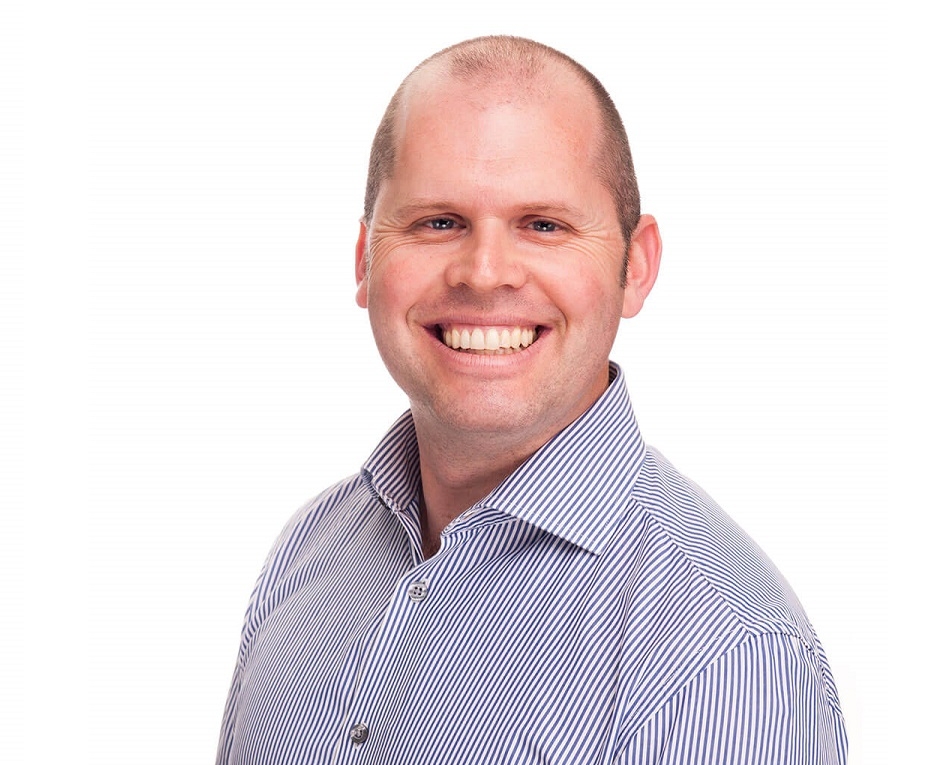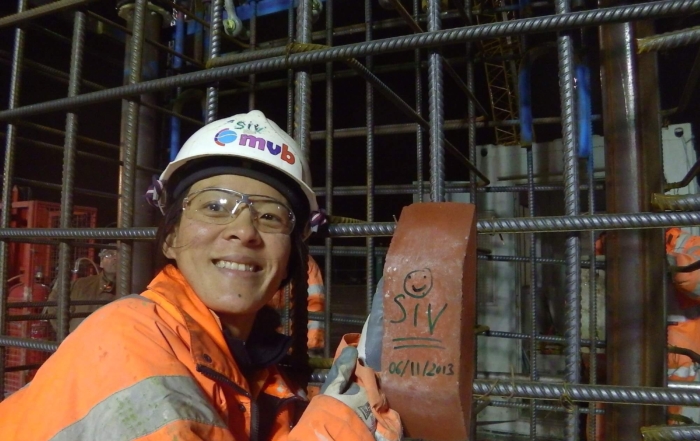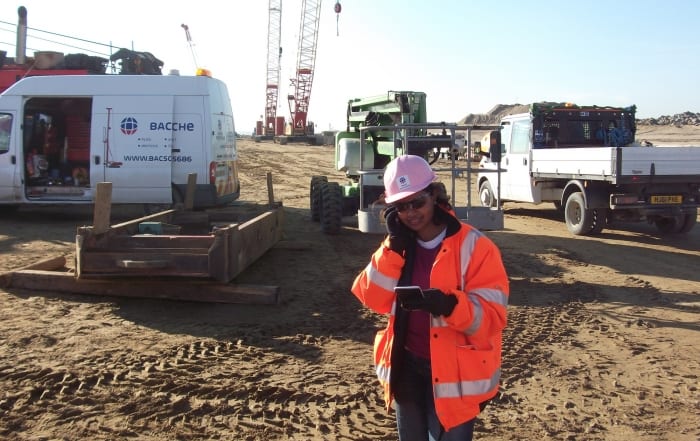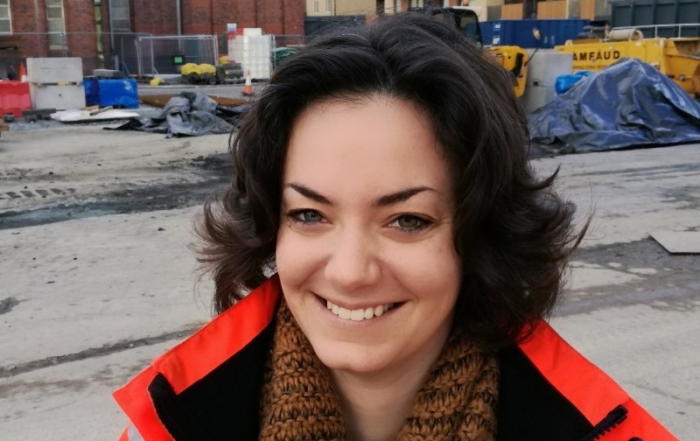
In this edition, Estimating Manager, David Parker discusses his route into the construction industry, career to date and explains why being good with a calculator isn’t the only skill you need when estimating a project.
Editor: What made you choose a career in construction and what route did you take?
David Parker: My career choice was a natural progression from the enthusiasm I had for maths and science, two subjects I not only found interesting and challenging, but also those that I excelled in compared to other areas. I opted to study for a degree in engineering at Warwick University, where the first year covered a range of engineering topics including mechanical, civil and electrical. I found myself being drawn to the civils side of engineering due to variety, scale and scope of projects involved.
Editor: Where has your career taken you to date?
DP: I started my career nearly 20 years ago with Westpile (then an Interserve company) and continued there until its closure in 2003. Following this I moved to Bachy Soletanche and during this time the group acquired the Westpile name and re-launched the brand in 2004. I was invited to reunite with some of my former colleagues and help grow the brand. This included a merger with Simplex Foundations in 2010 when the company then became known as Simplex Westpile.
Editor: Aside from being good with a calculator, what skills do you need to be an estimator?
DP: Estimating involves touchpoints from across the company and therefore requires strong relationships both externally and internally. It’s important to understand the clients’ requirements, have good communication skills, and be able to offer/embrace ideas and innovations when developing a scheme. Internally it’s key to have a thorough understanding of the company’s operational, design, and planning and programming capabilities. In addition to this, an in depth knowledge of costing/pricing is important to ensure that schemes can be delivered profitably and successfully.
Quite possibly the most important element, one which can easily be overlooked, is understanding what the client (and their client) values the most. Each job is different and it may be that areas such as programme milestones, innovations, speed of installation, sustainable solutions or price could be the defining factor as to whether you win or lose a project. It is therefore key to hold a relationship with the client to fully understand what makes them tick, what drives their projects and how you, as a specialist contractor can help them achieve success.
Editor: Throughout your career you’ve worked on a range of projects, which one was the most interesting and why?
DP: It’s difficult to name just one project but if I had to choose then I’d pick the major redevelopment of the Kings Cross Central site. When I first visited the site in November 2007 it was partly derelict with a karting track in the middle, it immediately peaked my interest in terms of how the scheme would be delivered and phased. The 67 acre site comprises the construction of 50 new buildings and open space which will ultimately deliver new offices, homes, schools amongst other things to the newly created N1C postcode. Having now worked on the site on a number of different projects, and for a variety of clients, each phase came with its own nuances and provided a new challenge. The development is now vastly different to my first memory of it nearly nine years ago and I’m proud to have been a part of such an important project. In addition to the success of the project and on a personal note, I’ve developed a network of contacts and colleagues that will I know will remain with me throughout my career.
Editor: You’ve briefly touched on it already, but how can an estimator bring value and make a difference to a project?
DP: Having been in the industry for nearly 20 years I’ve been fortunate enough to work on a variety of projects, with a range of clients and consultants, as well as some of the most talented people in the piling sector. This experience has helped me to gain a greater understanding of project requirements and highlight where I can help to engineer a cost efficient solution, whilst still delivering a suitable end product. The best way to achieve this is through early involvement before the geotechnical solution has been progressed too far down the line. In some cases this may take the form of a brief conversation over the phone, in other cases we attend client workshops and integrate ourselves with their project team.
Editor: Are there any personal development challenges you’re currently undertaking and where do you see yourself in five years’ time?
DP: I’m always looking to further my knowledge of the industry, gain a greater understanding of our techniques and to understand our clients’ needs in more depth. As a result of this I’m working on spending more time with our design and operations teams in order to enhance my knowledge, which I can then apply to any given project. It’s a constant learning process as there are always innovative solutions being developed and problems that require solving.
Westpile is a company that is always evolving and it’s exciting to help grow the business and shape its future. In addition to this, we are part of Soletanche Freyssinet, the world’s largest geotechnical contractor, and this provides the opportunity to work in different countries around the world.
Editor: What advice would you give to anyone wanting to get into the construction industry?
DP: Construction provides a lot of different opportunities, covering a range of disciplines, sectors and territories, it’s a career that can quite literally take you anywhere. I’d advise people to get as much varied experience as early as possible as this will help shape the direction your career takes. There are so many different roles within construction and more often than not, when starting out, you have no idea where you want to finish. If you are unsure of the direction you wish to take (contracting or consultant), it is worth experiencing the pace and variability that is offered by working for a specialist sub-contractor.
Editor: Finally, when away from the office, how do you enjoy your spare time?
DP: When I’m not running around after my children, I try to keep active through cycling and I take part in sportive events when time allows. I’ve also recently moved house and have found myself spending more and more time drawing up plans for renovations or researching anything from green energies to staircases. What started out as passing interest has turned into something of an obsession.


